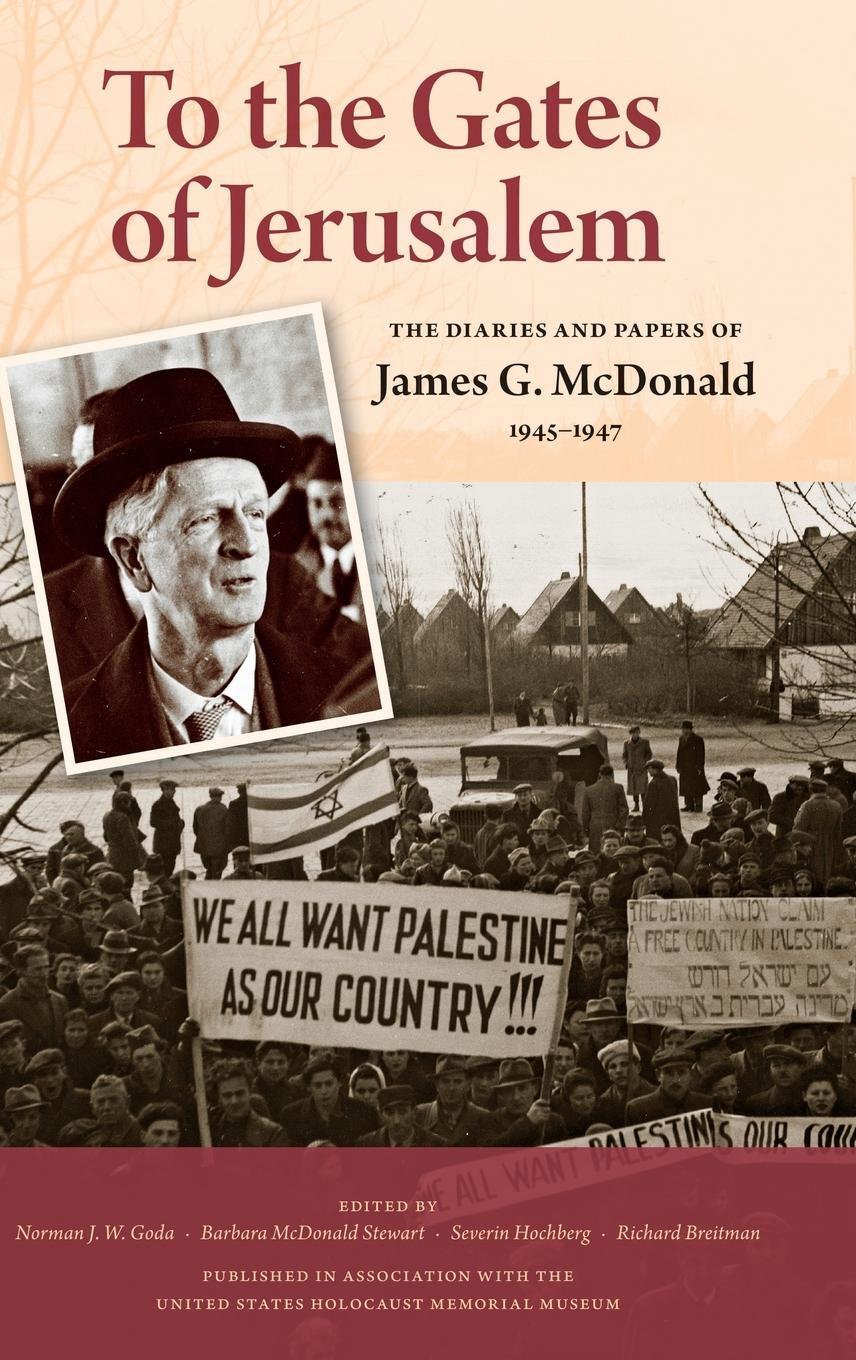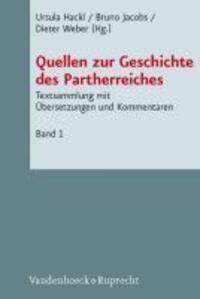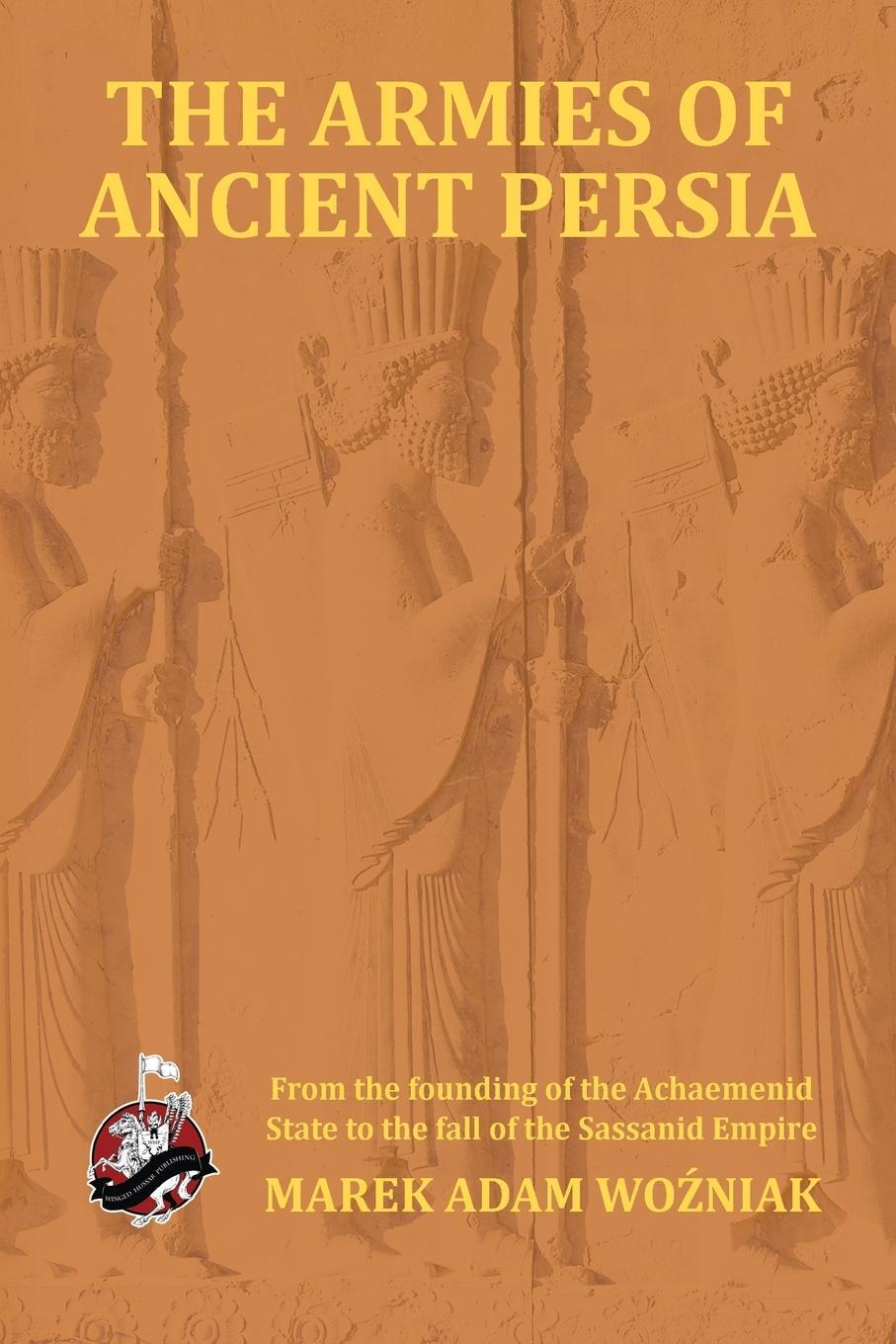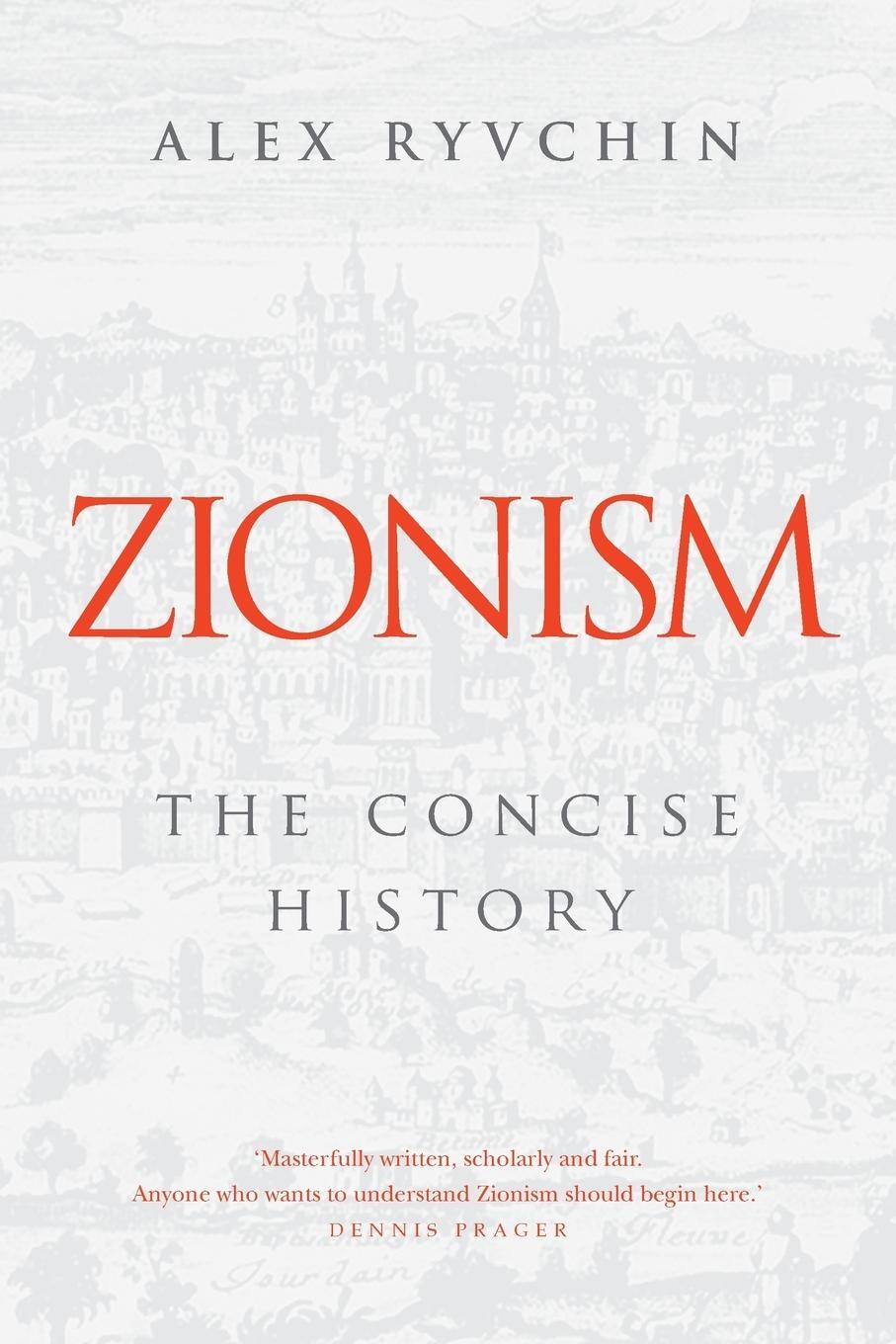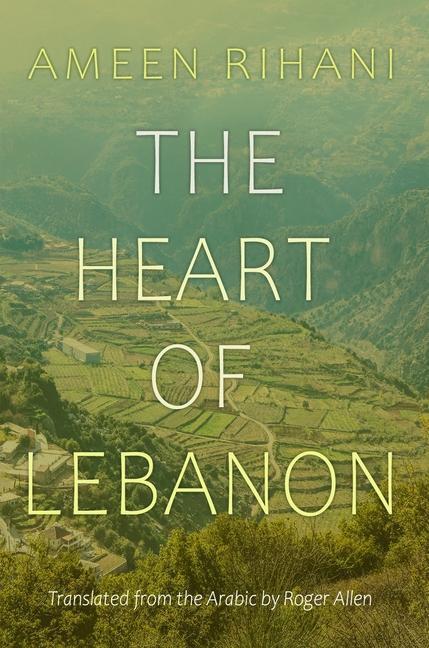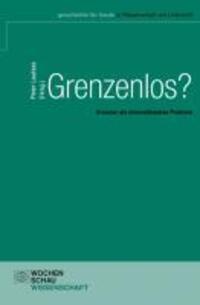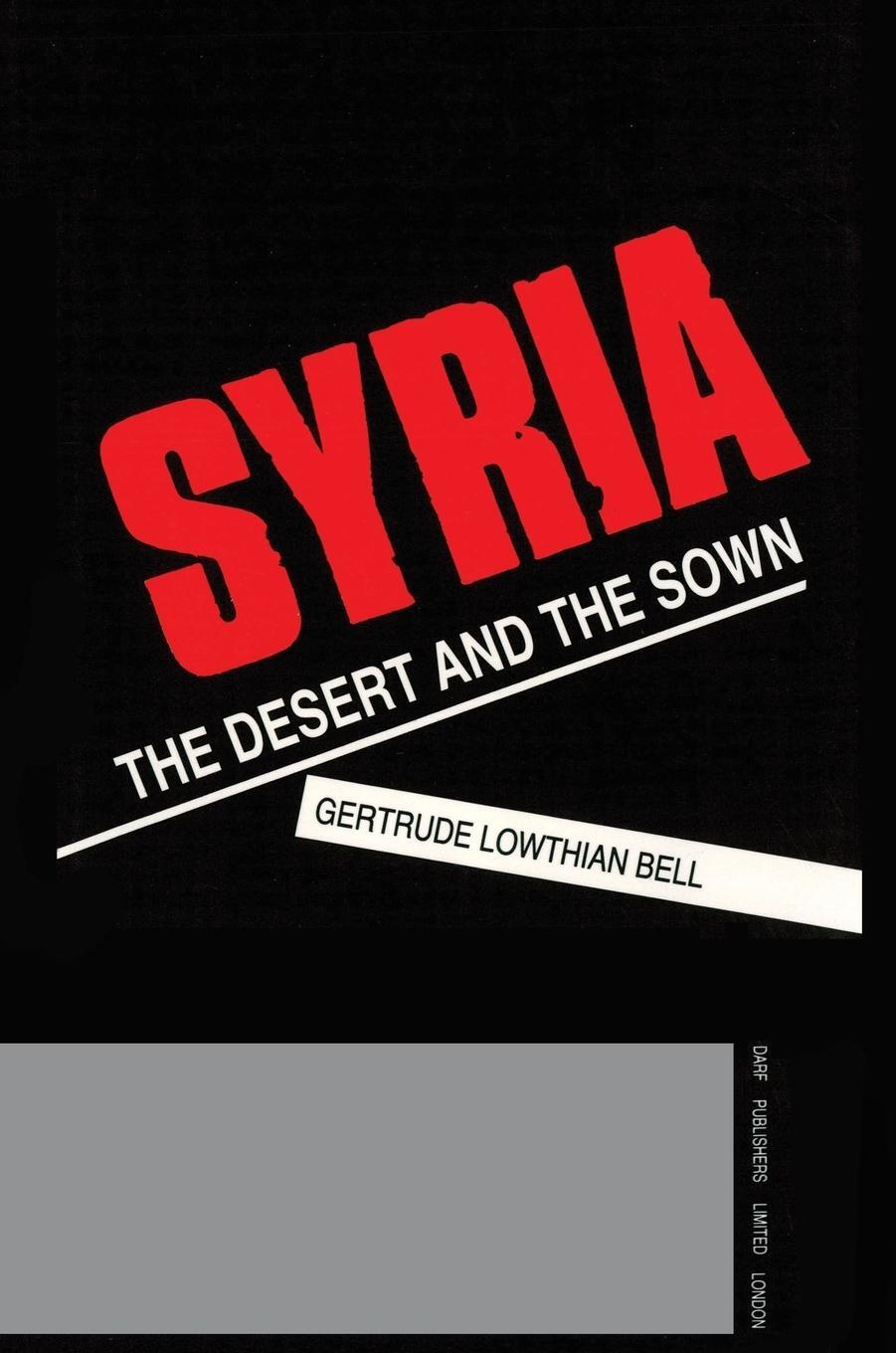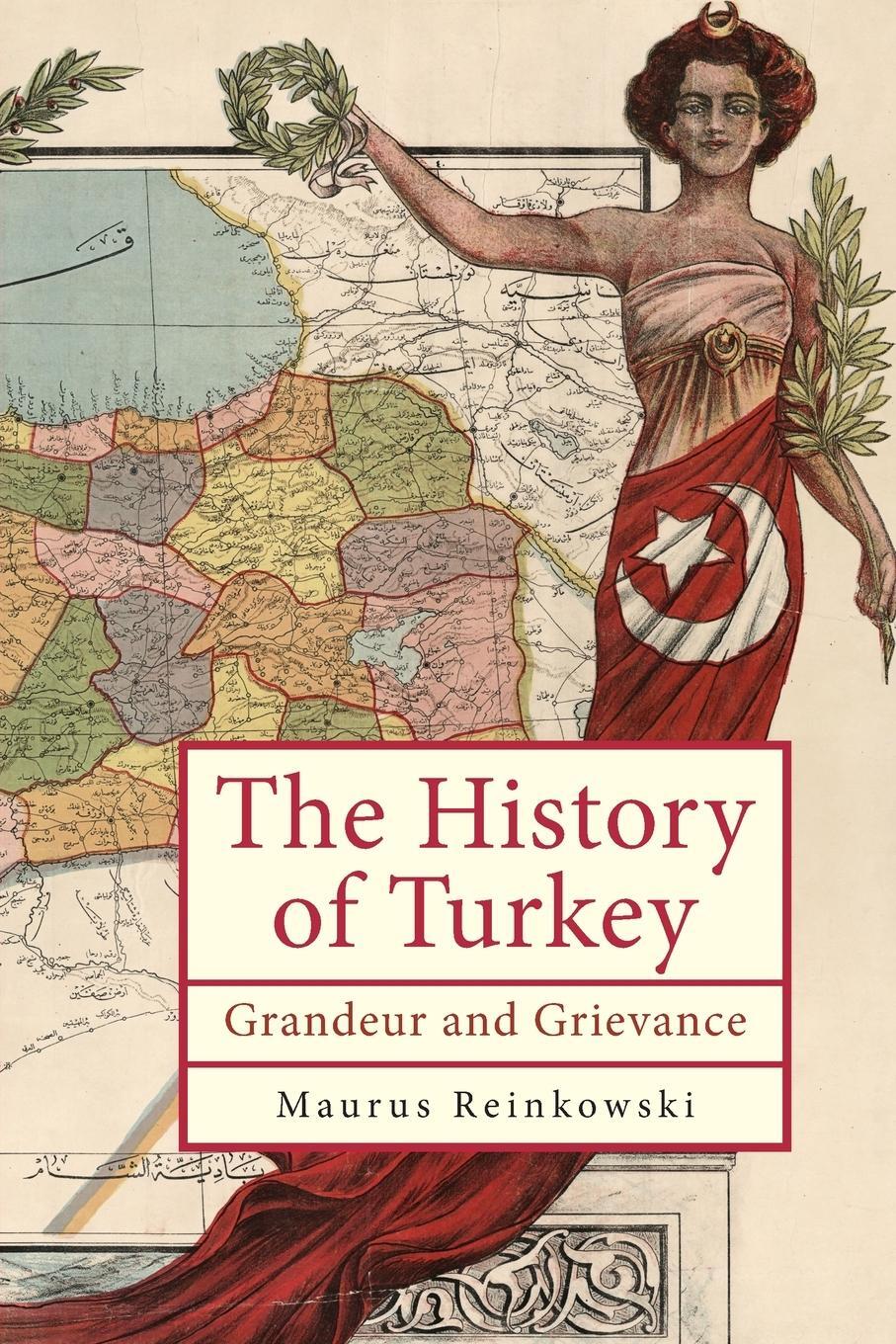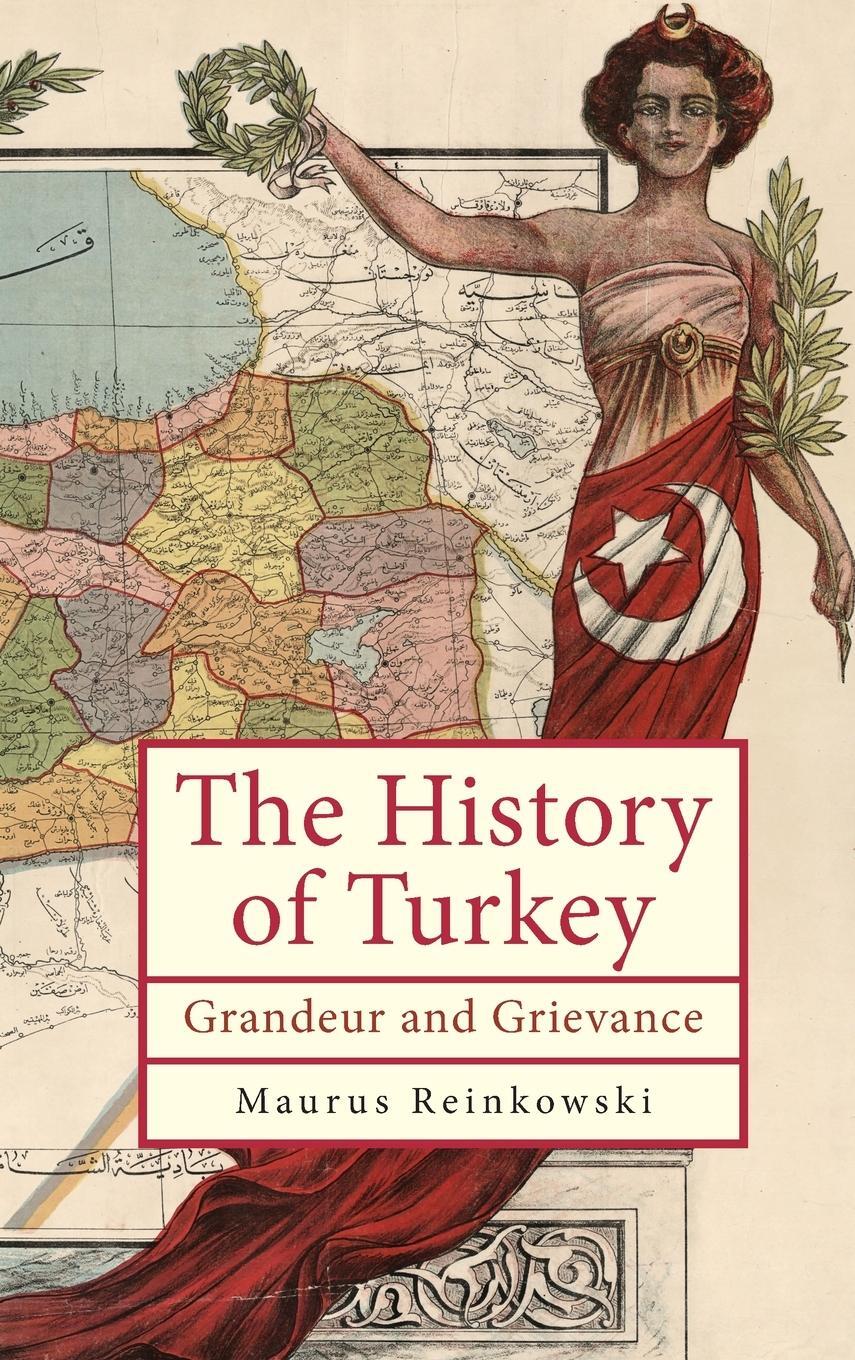41,20 €*
Versandkostenfrei per Post / DHL
Lieferzeit 2-3 Wochen
Not originally intended for publication, this contemporaneously written insider's account by trusted Truman-appointee James G. McDonald reveals how closely today's struggles between Israelis and Arabs are a legacy of little-known and confidential events of the years preceding Israel's formation.
In the wake of World War II, Jews, Arabs, and Europeans began a new chapter in the struggle for Palestine. Would the Holy Land remain a part of the British Empire? Would it win its independence under the Arabs, joining Egypt, Iraq, Jordan, Syria, and Lebanon in breaking the bonds of European rule? Or would Palestine provide, after nineteen centuries, a reconstituted national home for the Jews, who had been promised a homeland during World War I, and who had just suffered the greatest catastrophe in their history? As Palestine simmered with suspicion, resentment, and violence, the British and U.S. governments referred these questions to an unlikely group of twelve politicians, diplomats, jurists, and scholars, known as the Anglo-American Committee of Inquiry.
This group, of which James McDonald was a pivotal member, offered a dramatic platform for all contending voices. Zionist leaders ranging from David Ben-Gurion and Golda Meir to Holocaust rescuers and survivors emphasized the idea of a Jewish people, its ancient connection to the land, the curse of national homelessness, and the need for a Jewish state. Arab speakers including monarchs, Islamicists, and Arab nationalists were equally adamant. Insisting that Europe's "Jewish question" was not theirs to solve, minimizing the Holocaust as simply another persecution, and equating Zionism with aggressive European nationalism, they pledged never to accept a Jewish homeland in Palestine. The issue was partially resolved through war in 1948. But the impassioned arguments from the immediate aftermath of World War II remain very much alive, reminding us that there was nothing inevitable about the birth of the modern state of Israel. And it is entirely possible that it would not have come about were it not for the determined efforts of James G. McDonald.
Following the widely praised Advocate for the Doomed (IUP, 2007) and Refugees and Rescue (IUP, 2009), this stand-alone work is the anxiously awaited third of a projected four volumes that significantly revise the ways that scholars and the world view the Holocaust and its aftermath.
Not originally intended for publication, this contemporaneously written insider's account by trusted Truman-appointee James G. McDonald reveals how closely today's struggles between Israelis and Arabs are a legacy of little-known and confidential events of the years preceding Israel's formation.
In the wake of World War II, Jews, Arabs, and Europeans began a new chapter in the struggle for Palestine. Would the Holy Land remain a part of the British Empire? Would it win its independence under the Arabs, joining Egypt, Iraq, Jordan, Syria, and Lebanon in breaking the bonds of European rule? Or would Palestine provide, after nineteen centuries, a reconstituted national home for the Jews, who had been promised a homeland during World War I, and who had just suffered the greatest catastrophe in their history? As Palestine simmered with suspicion, resentment, and violence, the British and U.S. governments referred these questions to an unlikely group of twelve politicians, diplomats, jurists, and scholars, known as the Anglo-American Committee of Inquiry.
This group, of which James McDonald was a pivotal member, offered a dramatic platform for all contending voices. Zionist leaders ranging from David Ben-Gurion and Golda Meir to Holocaust rescuers and survivors emphasized the idea of a Jewish people, its ancient connection to the land, the curse of national homelessness, and the need for a Jewish state. Arab speakers including monarchs, Islamicists, and Arab nationalists were equally adamant. Insisting that Europe's "Jewish question" was not theirs to solve, minimizing the Holocaust as simply another persecution, and equating Zionism with aggressive European nationalism, they pledged never to accept a Jewish homeland in Palestine. The issue was partially resolved through war in 1948. But the impassioned arguments from the immediate aftermath of World War II remain very much alive, reminding us that there was nothing inevitable about the birth of the modern state of Israel. And it is entirely possible that it would not have come about were it not for the determined efforts of James G. McDonald.
Following the widely praised Advocate for the Doomed (IUP, 2007) and Refugees and Rescue (IUP, 2009), this stand-alone work is the anxiously awaited third of a projected four volumes that significantly revise the ways that scholars and the world view the Holocaust and its aftermath.
Norman J. W. Goda is the Norman and Irma Braman Professor of Holocaust Studies at the University of Florida and author of Tomorrow the World: Hitler, Northwest Africa, and the Path toward America; Tales from Spandau: Nazi Criminals and the Cold War; and The Holocaust: Europe, the World, and the Jews, 1918-1945. He is author (with Richard Breitman) of Hitler's Shadow: Nazi War Criminals, U.S. Intelligence, and the Cold War and (with Richard Breitman, Timothy Naftali, and Robert Wolfe) of U.S. Intelligence and the Nazis.
Barbara McDonald Stewart, daughter of James G. McDonald, has taught at George Mason University and is author of United States Government Policy on Refugees from Nazism, 1933-1940.
Severin Hochberg, a historian formerly at what is now the Jack, Joseph and Morton Mandel Center for Advanced Holocaust Studies of the United States Holocaust Memorial Museum, teaches at the University of Maryland, Baltimore County.
Richard Breitman is Distinguished Professor of History at American University and author, most recently, of FDR and the Jews (with Allan J. Lichtman). His other books include The Architect of Genocide: Himmler and the Final Solution and Official Secrets: What the Nazis Planned, What the British and Americans Knew. He is editor of the journal Holocaust and Genocide Studies.
Preface
A Note on the Editing
Acknowledgments
Introduction: Palestine from the Balfour Declaration to the Anglo-American Committee
1. Washington - December 13, 1945-January 17, 1946
2. London - January 18-February 3, 1946
[...]ope - February 4-28, 1946
4. Cairo - March 1-5, 1946
5. Jerusalem and the Arab Capitals - March 6-27, 1946
6. Lausanne - March 28-April 22, 1946
7. The Report and Its Reception - April-August 1946
8. Toward Partition - August 1946-November 1947
Epilogue
Index
| Erscheinungsjahr: | 2014 |
|---|---|
| Genre: | Geschichte |
| Jahrhundert: | 20. Jahrhundert |
| Rubrik: | Geisteswissenschaften |
| Medium: | Buch |
| Seiten: | 322 |
| ISBN-13: | 9780253015099 |
| ISBN-10: | 025301509X |
| Sprache: | Englisch |
| Ausstattung / Beilage: | HC gerader Rücken kaschiert |
| Einband: | Gebunden |
| Autor: | Mcdonald, James G. |
| Redaktion: | Stewart, Barbara Mcdonald |
| Hersteller: | Indiana University Press (IPS) |
| Maße: | 240 x 161 x 22 mm |
| Von/Mit: | James G. Mcdonald |
| Erscheinungsdatum: | 01.12.2014 |
| Gewicht: | 0,651 kg |
Norman J. W. Goda is the Norman and Irma Braman Professor of Holocaust Studies at the University of Florida and author of Tomorrow the World: Hitler, Northwest Africa, and the Path toward America; Tales from Spandau: Nazi Criminals and the Cold War; and The Holocaust: Europe, the World, and the Jews, 1918-1945. He is author (with Richard Breitman) of Hitler's Shadow: Nazi War Criminals, U.S. Intelligence, and the Cold War and (with Richard Breitman, Timothy Naftali, and Robert Wolfe) of U.S. Intelligence and the Nazis.
Barbara McDonald Stewart, daughter of James G. McDonald, has taught at George Mason University and is author of United States Government Policy on Refugees from Nazism, 1933-1940.
Severin Hochberg, a historian formerly at what is now the Jack, Joseph and Morton Mandel Center for Advanced Holocaust Studies of the United States Holocaust Memorial Museum, teaches at the University of Maryland, Baltimore County.
Richard Breitman is Distinguished Professor of History at American University and author, most recently, of FDR and the Jews (with Allan J. Lichtman). His other books include The Architect of Genocide: Himmler and the Final Solution and Official Secrets: What the Nazis Planned, What the British and Americans Knew. He is editor of the journal Holocaust and Genocide Studies.
Preface
A Note on the Editing
Acknowledgments
Introduction: Palestine from the Balfour Declaration to the Anglo-American Committee
1. Washington - December 13, 1945-January 17, 1946
2. London - January 18-February 3, 1946
[...]ope - February 4-28, 1946
4. Cairo - March 1-5, 1946
5. Jerusalem and the Arab Capitals - March 6-27, 1946
6. Lausanne - March 28-April 22, 1946
7. The Report and Its Reception - April-August 1946
8. Toward Partition - August 1946-November 1947
Epilogue
Index
| Erscheinungsjahr: | 2014 |
|---|---|
| Genre: | Geschichte |
| Jahrhundert: | 20. Jahrhundert |
| Rubrik: | Geisteswissenschaften |
| Medium: | Buch |
| Seiten: | 322 |
| ISBN-13: | 9780253015099 |
| ISBN-10: | 025301509X |
| Sprache: | Englisch |
| Ausstattung / Beilage: | HC gerader Rücken kaschiert |
| Einband: | Gebunden |
| Autor: | Mcdonald, James G. |
| Redaktion: | Stewart, Barbara Mcdonald |
| Hersteller: | Indiana University Press (IPS) |
| Maße: | 240 x 161 x 22 mm |
| Von/Mit: | James G. Mcdonald |
| Erscheinungsdatum: | 01.12.2014 |
| Gewicht: | 0,651 kg |

